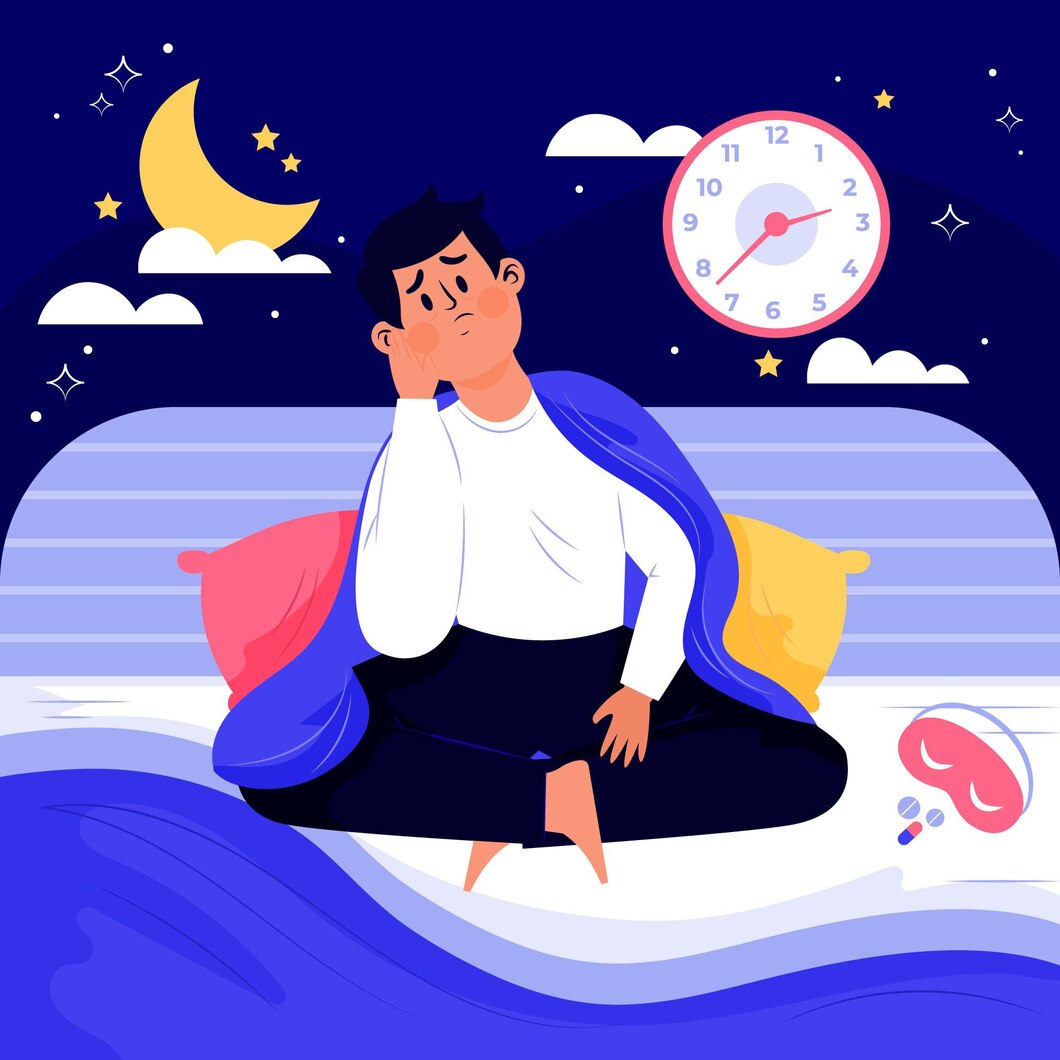Sleep plays an important role in regulating the body and the mind. If you have a well-rested night, then you can handle the next day’s challenges and work better. It also keeps the stress hormone cortisol low.
Sleep deficiency occurs when a person fails to get the desired amount of sleep that they need. Sleep deprivation is influenced by several sleep disorders, lifestyle at home, work and environmental factors.
What are the effects of a lack of sleep on mental health?
Lack of sleep can impact your brain’s functioning, including your memory, ability, regulating your emotions and attention, how you process information and the capacity of having insight. Even short-term sleep deprivation can harm these functions.
Sleep deficiency has also been associated with depression, anxiety and other abnormal behaviors. It has an impact on a person’s relationships and daily activities, such as children and teenagers may find it difficult to get along with others and have an irritable mood due to sleep deficiency. These lead to frequent mood swings, feeling sad and demotivated.
Certain studies have shown that insomnia, which is a sleep disorder, increases the chances of a person developing depression, panic disorder and other mental health conditions.
Sleep for optimal mental health
Sleeping helps to restore and improve our brain’s functions. During sleep, we can process information, combine memories, and prepare the brain for the next day’s tasks and activities.
But how many sleep hours are enough? It is suggested for the age group 3 to 5 years that the recommended amount of sleep is 10 to 13 hours per 24 hours, including nap time. For 6 to 12 years, it is recommended around 9 to 12 hours per 24 hours, for 13 to 18 years, it is recommended around 8 to 10 hours per 24 hours, and for adults, 7 or more hours a night is ideal sleep hours.
How to improve your sleep hygiene?
Start by maintaining a consistent sleep schedule, which means sleeping and waking up at the same time. To have a peaceful night’s sleep, try to create a comfortable sleeping environment with no or minimal lights, no screen for at least an hour before bed, and avoid tea, coffee and other caffeine-infused stimulants at nighttime. This can help you sleep on time. Waking up early helps the body and the mind to be prepared and active for the day. There are numerous benefits of waking up early. Another thing that helps with improved sleep is exercising and eating healthy. These things contribute to better mental health as well as physical health, decreasing the chances of chronic health conditions.
.


